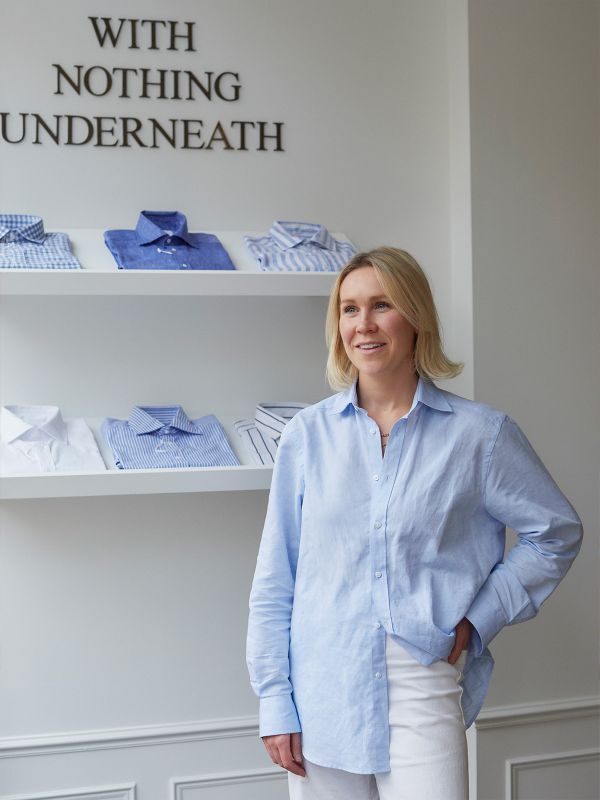
How To Address Your Biggest Weakness In A Job Interview
Why do recruiters ask about your weaknesses?
As we all know, a job interview is an opportunity to sell yourself to your potential boss. So what good can a question like this really do you? Greer Gouldsbrough, Operations Director at recruitment specialists Cordant People, says the point of addressing your weaknesses is to show that you’ve actually thought about them and have a plan to help conquer them: “Knowing your weaknesses can actually be a strength, especially if you are actively working to improve these areas and are comfortable discussing them.”
Furthermore, Guy Walker, Senior Manager at digital recruitment agency Forward Role, says it’s a good chance to show a bit of modesty at a time where you’re constantly trying to big yourself up: “It’s very easy for people to talk through their strengths, but identifying certain weaknesses or ‘development points’ and framing them as a positive, as well as showing a bit of humility, is a skill – something that should be prepared for prior to the meeting. With some careful consideration before going in, a well-prepared answer to this question should have the interviewer eating out of the palm of your hand.”
Is it a trick question?
It might feel like the perfect opportunity to catch you out, but recruiters don’t actually consider this a trick question and there’s no right or wrong answer, but you should be prepared to answer the question fully and properly. “How you answer this question can tell the interviewer more about you than you actually say,” explains Greer. “For example, if you refuse to answer or say you don’t have any weaknesses might lead the interviewer to believe that you lack self-awareness, or perhaps that you have a big weakness that you are trying to hide. Or maybe they’ll just think you didn't prepare at all for your interview – after all, it’s quite a common question.”
What are employers looking for in your answer?
Guy says there’s three things he is looking for in an answer to this question. Firstly, the recruiter wants to know that you’re fully aware of where self-improvements can be made. Secondly, it’s a great way of telling if the candidate has done enough preparation for the interview, as “it’s really a question that everyone should have a good answer to”. And lastly, if an answer hasn’t been prepared, it’s then a case of seeing whether a candidate can think on their feet.
Greer recommends keeping your answer short and sweet – you don’t have to go into huge amounts of detail: “Pick weakness that is acceptable for the job you are interviewing for but that you can clearly demonstrate you are working on. For example, if you’re a nervous speaker, show that you have been working on this by attending a skills course, or putting your name down to present to new monthly starter groups at work to build up your confidence.”
Rebecca Siciliano, Managing Director at Tiger Recruitment, agrees that it’s important to keep your answer related to the question: “You just need to be make sure that the response is as relevant as possible to the interviewer. They won’t want to hear that Keeping Up with the Kardashians is your weakness!”
What shouldn’t you say?
Obviously, it’s always a good rule of thumb to avoid lying in your interview. Also, Guy suggests avoiding the cliché response, “I’m a perfectionist” – that’s not fooling anybody – and stating you don’t have any weaknesses is suspicious, too.
Rebecca advises avoiding any negative phrasing and instead keeping your answer upbeat: “If there’s a task or program on the job description that you don’t have a huge amount of experience with then say so, but make it clear you’re excited to know more about it and can imagine that your experience in X, Y and Z would help you to pick it up quickly.”
Greer concurs, and states the best thing to do is keep away from negative wording such as “I hate…” or “I’m rubbish at…”. Instead, keep it positive and focus more on how you are remedying your stated weakness.
Want more interview tips? Get more expert advice from the career bloggers at Forward Role, Cordant People and Tiger Recruitment
DISCLAIMER: We endeavour to always credit the correct original source of every image we use. If you think a credit may be incorrect, please contact us at info@sheerluxe.com.







